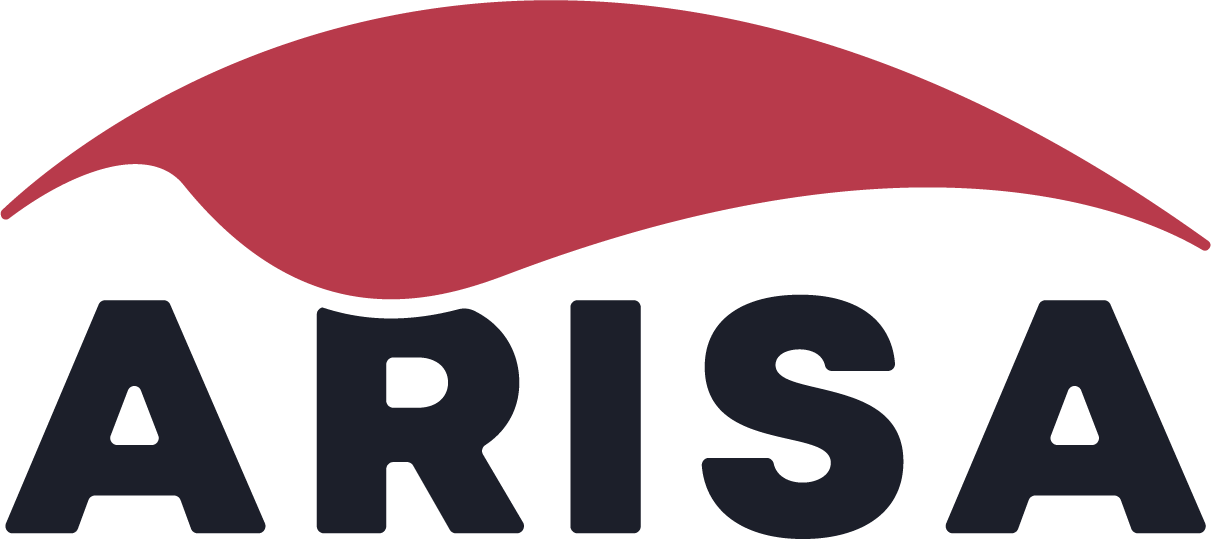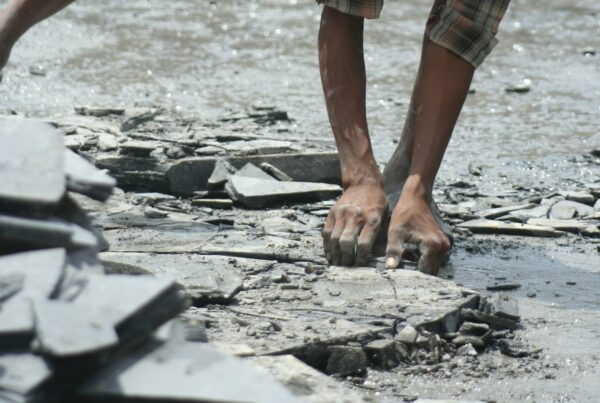Recently, the CIVICUS report 2022 was published, in which the alliance assesses the position of civil society worldwide. It does not paint a rosy picture: in many countries, democracy is under pressure, civil society organizations are being tackled and have less and less room to operate; discrimination and social exclusion are the order of the day. Arisa recognises the difficult situation in which organisations in South Asia operate and sees the need for action, both locally and internationally.
Space for civil society situation is rapidly shrinking
While CIVICUS mainly focuses on the situation of the past year, Arisa has seen the situation in South Asia deteriorate for a long time. Civil society in India and Pakistan has faced difficulties for years. A 2016 article on Pakistan shows that human rights activists are in danger of being arrested and jailed. Ngo’s face severe restrictions in doing their job. This certainly applies to ngo’s in India, where the organisations have to meet more conditions every year to receive foreign funding.
The tightening of the Foreign Contribution Regulation Act (FCRA) in 2020 has ensured that, in particular, smaller grassroots organisations can no longer receive funding from larger organisations. The ‘passing on’ of funding from larger to smaller organisations is now impossible. This made it difficult for many organisations to continue their activities, which has major consequences for local communities. Also, hundreds of organisations lost their FCRA registration, and thousands of organisations have been waiting for over a year for confirmation of their registration’s renewal. It shows that the Indian government is deliberately trying to thwart civil society. Ngo’s and their employees face self-censorship and fear daily.
Indian partners want to remain anonymous and fear for their FCRA registration
At the end of 2021 and May this year, two of Arisa’s partners from India visited the Netherlands. We wanted to communicate their visit and the opportunity of meeting and having a conversation with them with parliamentarians and the Dutch government. However, at the request of our partners, we did not do this: they were too afraid that the Indian government would pick up on it, with possible consequences. The fear that they will lose their FCRA registration, or worse, is well founded. There is a real chance that the Indian government will act if they get wind of such meetings.
Show what is happening and work together in solidarity
It has become increasingly difficult to be active in South Asia on human rights and social inequalities while these problems for civic society persist. Caste discrimination, child labour, forced labour: themes that Arisa has been dealing with for years are still major problems that need to be tackled in 2022. Fortunately, there are still many organisations that address these problems. Arisa wants to continue to support these organisations by drawing international attention to the above issues from companies and governments.
What else is needed? Last year, Namit Agarwal of the World Benchmarking Alliance gave a first suggestion in his lecture in honour of Arisa’s 40th anniversary. If civil society joins forces, there are opportunities to cope with negative developments. International cooperation based on equality and solidarity can be good support for local organisations. In addition, international lobbying is important to get governments to put human rights and sustainability first. Other local organisations also confirm this: it is important to show what is happening both negatively and positively. Arisa can and wants to contribute to this in the coming years.




